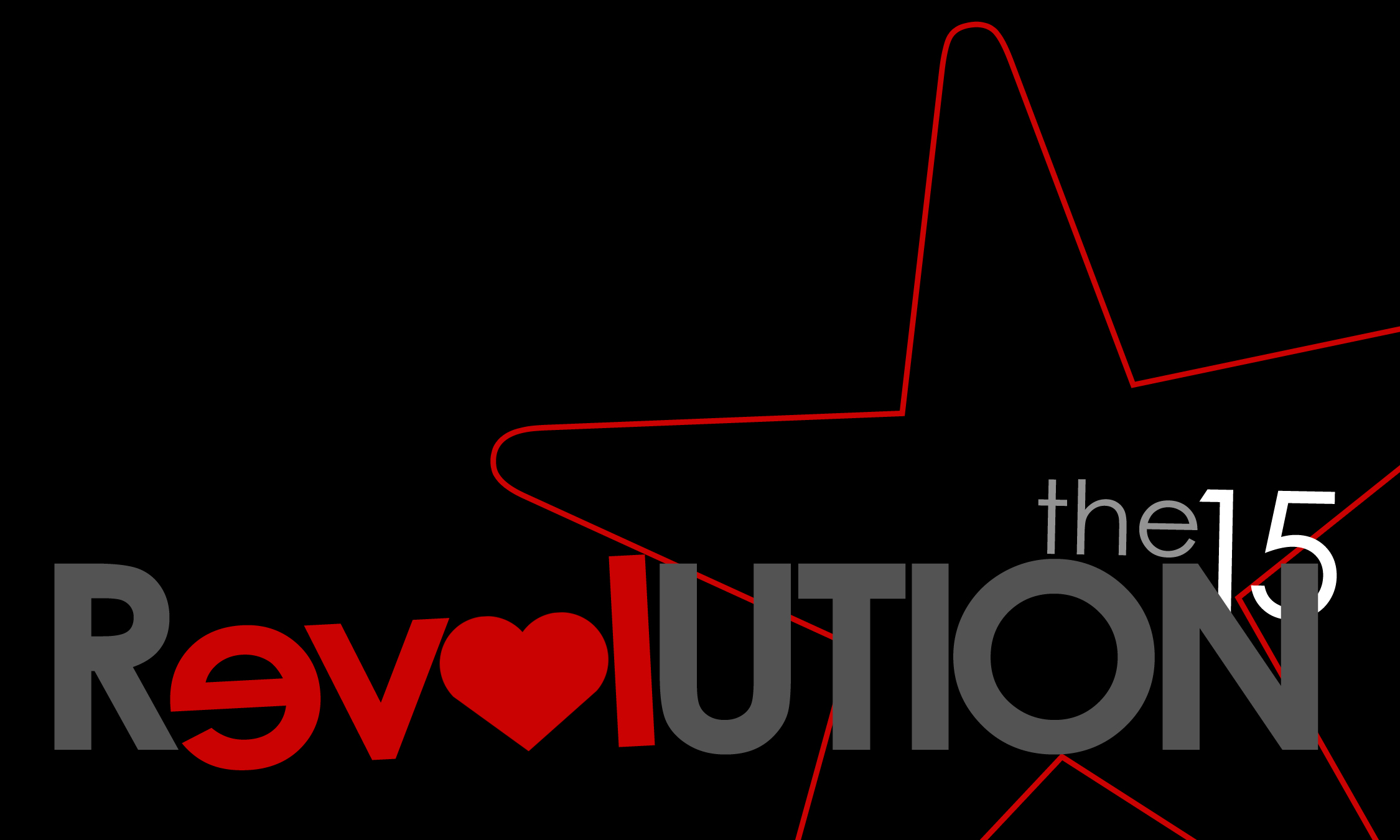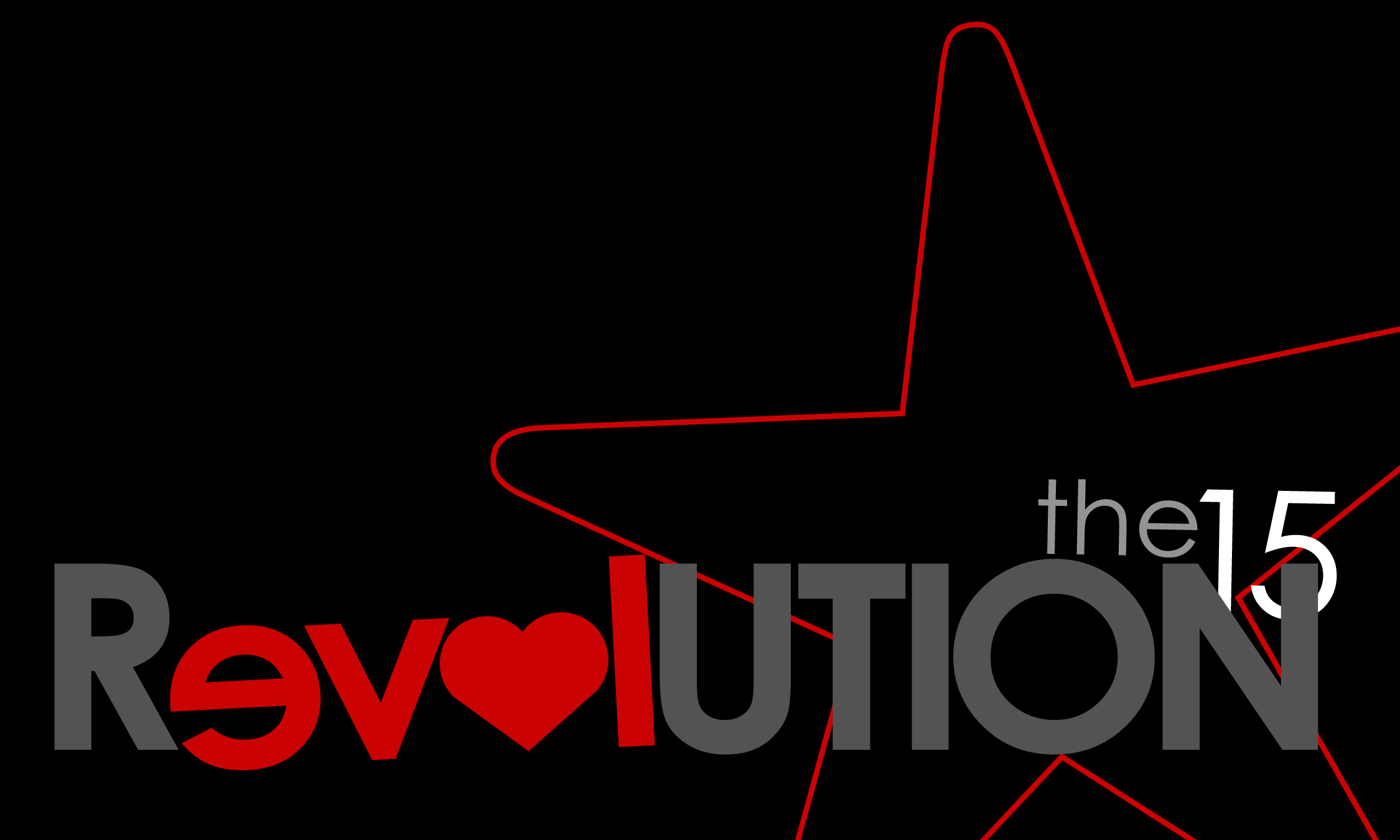He Didn’t Ask
We often define who we are by establishing boundary lines of who we aren’t.
“We’re Calvinists—not Arminianists.”
“We’re pre-trib—not post-trib.”
“We’re charismatic—not cessationists.”
“We’re Christians—we don’t smoke, drink or dance.”
The problem is, when we make our identity about who we aren’t, we get mean and nasty.
John Calvin had Michael Servetus (another theologian) burned at the stake because of theology differences.
Yikes!
When we’re defined by our boundaries or parameters, our default position is to be against those outside our group.
It’s us -vs- them.
Bummer.
I wonder what Jesus thinks about this?
Remember when He was on the cross? Two criminals were being crucified near Him…
One man mocked Jesus.
The other man rebuked him, “We deserve to die for our crimes, but this man hasn’t done anything wrong.”
Then he said to Jesus, “Remember me when you come into your Kingdom.”
Jesus replied, “I assure you, today you will be with me in paradise.” (Luke 23.39-43 NLT)
Notice what Jesus didn’t ask…
He didn’t ask, “Are you a Calvinist or Arminianist?”
He did’t ask, “Do you smoke?”
He didn’t ask anything!
The man, in faith moved toward Jesus—and Jesus welcomed him, included him, assured him.
This makes me think…
Maybe we shouldn’t be building boundaries and parameters that keep things all “us -vs- them”.
Maybe we should be helping people move toward Jesus—welcoming them, including them, assuring them.










